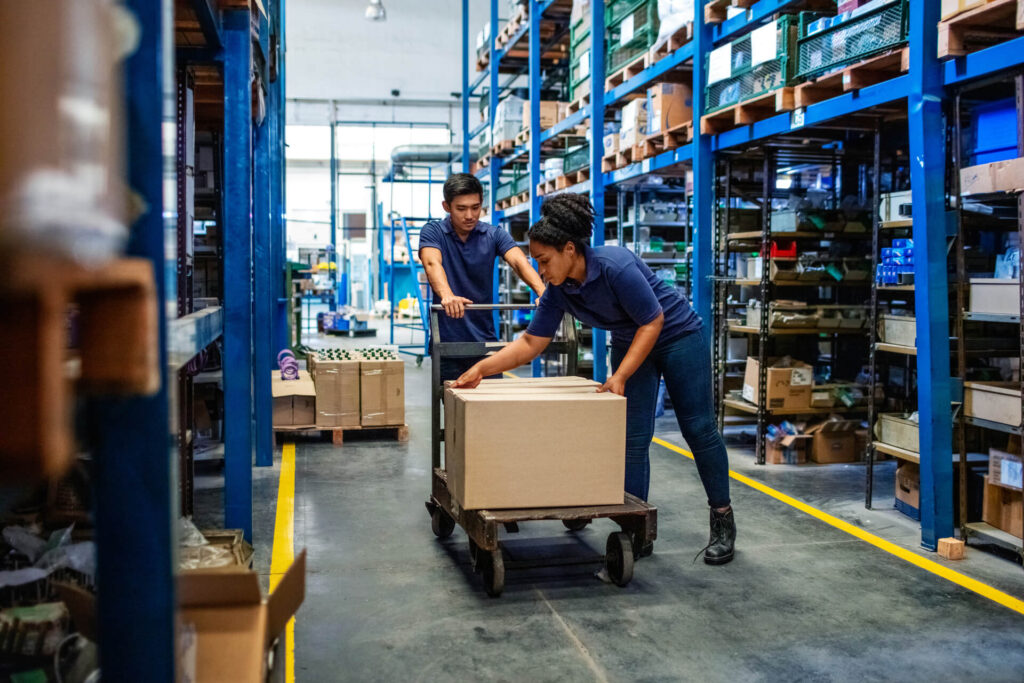Our manual handling assessments and training use proactive techniques to help minimise injuries caused by manual tasks in the workplace.

Manual handling causes a significant amount of all workplace injuries. Our manual handling assessments give you a comprehensive review of how your workers lift, lower, push, pull, carry, move, and hold an object.
Assessments and education is vital to minimise workplace injuries by allowing you to provide the most appropriate education and introduce good practices.
General manual handling assessments
A general review of practices employed by workers within a workplace.
Task-specific manual handling assessments
A review of specific tasks undertaken.
Role-specific manual handling assessments
A review of all tasks and associated manual handling practices for a specific role.
Ideal outcomes of a manual handling assessment include:
Our manual handling training uses proactive techniques and education to help minimise injuries caused by manual tasks in the workplace.
With our manual handling training, your workers will be knowledgeable and empowered to perform their role with greater safety.
We can provide this training on an individual basis, or as a group.
Ideal outcomes of manual handling training include: